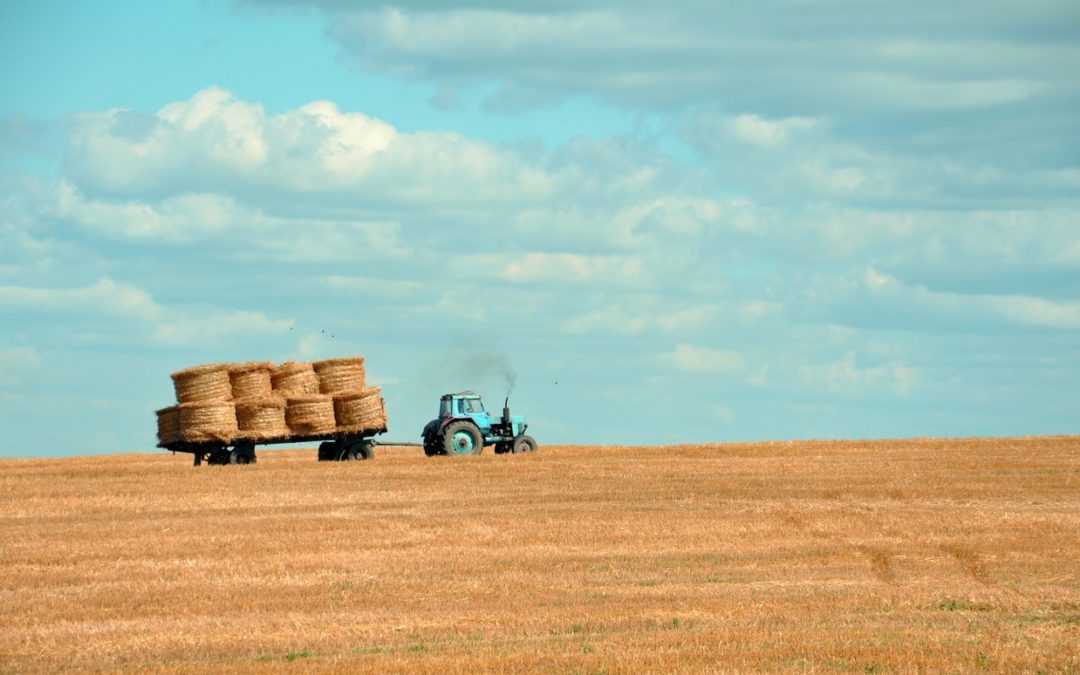One of the key ingredients to farm estate planning is working directly with the decision makers. Usually the decision makers are the ones who own the underlying assets. Yet every year I get multiple calls from the decision takers (the children) who are frustrated with the decision makers (the parents) because the decisions aren’t getting made. So what do you do if the key decision makers do not agree with each other?
Sometimes a husband and wife come into the office and I think we are ready to have a productive meeting. Only minutes into the conversation, one of them comments that they should’ve done this planning 10 years ago and the other responds by saying they were not ready 10 years ago. A little jab at each other but they try to be nice, so I shrug it off and move on.
A few minutes later, I ask them the approximate value of land and one says $10,000 per acre and the other says $6,000. Again, they banter back and forth as I wait for an agreement before writing something down on my fact finder. There is a little more tension, but I proceed. I ask if there is any debt against the land and the husband calmly says, “We have a little”, and the wife says, “What? We have a ton of debt” They share the number, but clearly their perspective on that number is different.
I proceed, wondering if they will agree on distribution? Asking is the only way to find out, so I ask how they want things distributed? They both start talking at once until one takes over and says “we” want everything divided equally between all our children and the other immediately counters saying “We? That’s not what I want,” there’s no way “we” can divide it if “we” want the farm to continue. They point to the fact that they’ve previously helped all their children in different ways and future division does not have to be equal.
Tensions are rising but I ask a question about a rent formula for the land and the machinery. Oops, that starts another confrontation. One says “we want to make it a good deal so the next generation can make it.” The other says, “we are not giving it away so we can stay home while they go on vacation!”
Then I ask, “When you want this farm transition to occur?” One says, “We should start right now and not do it like your parents who lived to be 95!” The other retorts, “they can have it when we are dead!”
For good measure, I bring up in-laws and grandchildren. They did not disappoint me as this sparked more disagreement. One says when our children got married, we told the in-law “welcome to the family” and “we always have them in the family picture”. Pause. The other responds, “Did you really just say that? I don’t care about who’s in the picture. There is no way I would ever think our daughter-in-law should own our land! Ever! Plus, you want to give something to the grandchildren also?
I kind of want to call a time out, but now am kind of entertained, so I just listen. One continues, “Yes, I do think the grandchildren should get something while they are young, so they can do something with it.”
After nearly every disagreement, one of them looks at me and asks me, “What do you think?”. Without saying a word, I think ‘No way. I am not pick’n sides here!’ I also think ‘How can they be married for 40 years when they can’t seem to agree on anything?!’
When it comes to farm succession, the parents might not always agree on the specific terms. But hopefully they can agree on the cause. The cause often centers around minimizing estate losses, taking care of the surviving spouse, protecting the interests of the farming heir, creating a cash flowable transition, and treating all kids fairly/equitably. We can usually resolve a lot of the disagreements when we stay focused on the goal. But unfortunately, that is not always the case. If a plan does get put together, I always hope the decision makers are able to unify when discussing the plans with their children. Because when children sense disagreement among the decision makers, it can be like a drop of blood in a shark tank.

